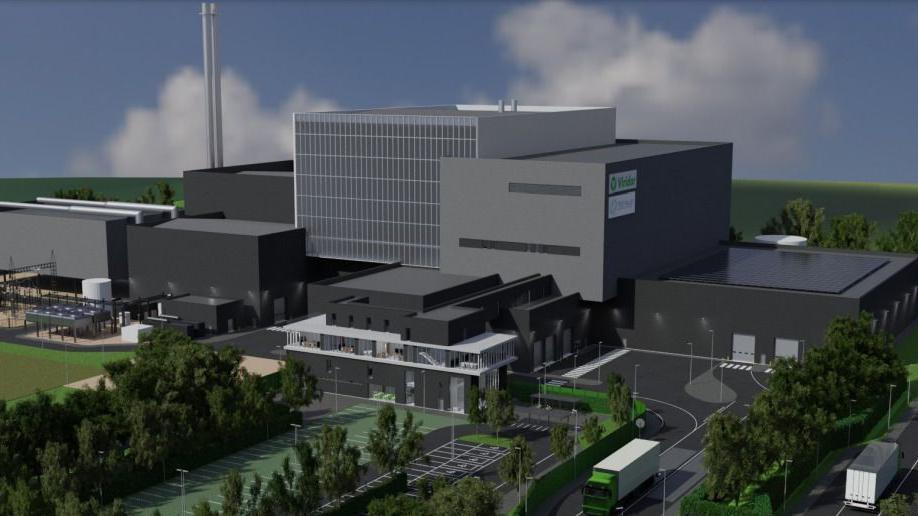Demonstration against waste incinerator plans
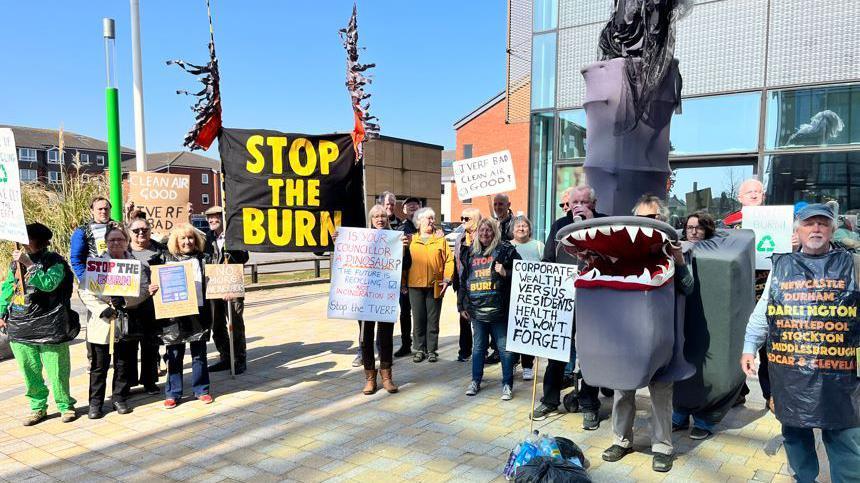
People gathered to raise concerns over possible health and environmental impacts
- Published
Demonstrators gathered outside a council meeting to protest against plans for a waste incinerator.
Campaigners claimed the Tees Valley Energy Recovery Facility (TVERF), which would be built at Teesworks in Grangetown, Redcar, was "unfair and dangerous".
Redcar and Cleveland Borough Council is one of seven across north-east England that would use the facility, burning up to 450,000 tonnes of waste per year, external to generate energy, according to plans.
Protestor Dr Matthew Keegan said he believed it would directly impact on the community's health. Developers said it would be safe and sustainable.
As well as Redcar and Cleveland, the incinerator would take waste from homes in the Newcastle, Durham, Darlington, Hartlepool, Middlesbrough and Stockton council areas.
Redcar and Cleveland Council was due to vote on the plans but a decision is yet to be made.
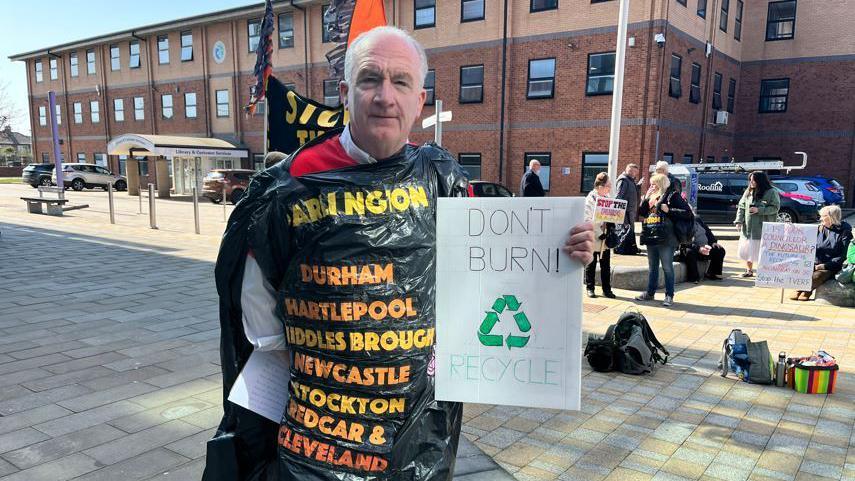
Ray Casey is urging the council to rethink its support
Ray Casey, from Stop Incineration North East, said councillors needed to "pause" and have a "rethink".
He said: "We don't need an incinerator right now.
"We are not advocating landfill either, what we are advocating is more modern material recovery facilities.
"Recycle all of this material without landfilling it, without burning it".
Independent councillor Tristan Learoyd, who brought the motion against TVERF, said: "There is nowhere in the world where there is a higher density of incineration than here in Teesside.
"The massive carbon output from this incinerator will be larger than the whole of Redcar and Cleveland combined."
The price of living next to a ‘monster’ incinerator
- Published16 October 2024
'No alternative' to incinerator, council says
- Published2 December 2024
Grangetown has the highest death rates from respiratory disease, and lowest average healthy life expectancy in England, according to a report on Left Behind Neighbourhoods, external by The Local Trust, a charity that funds community projects.
Dr Keegan said there was a correlation to lung disease and development issues from outputs generated by incinerators, such as nitrous oxide.
Project partners from TVERF said facilities like the planned Energy from Waste (EfW) incinerator were a "reliable and safe technology" which have been subject to "intense regulatory and academic scrutiny over decades of operation".
"The project represents the safest, most reliable and most sustainable way to manage our region's residual waste," they said.
"Facilities are subject to constant monitoring throughout their operational life to ensure adherence to strict environmental permit conditions."
Backers of the plan claimed it was "a continuation of practices that have taken place in Teesside for many decades without incident or concern".
Follow BBC Tees on X,, external Facebook, external, Nextdoor and Instagram, external.
Get in touch
Do you have a story suggestion for BBC Tees?
- Published24 January
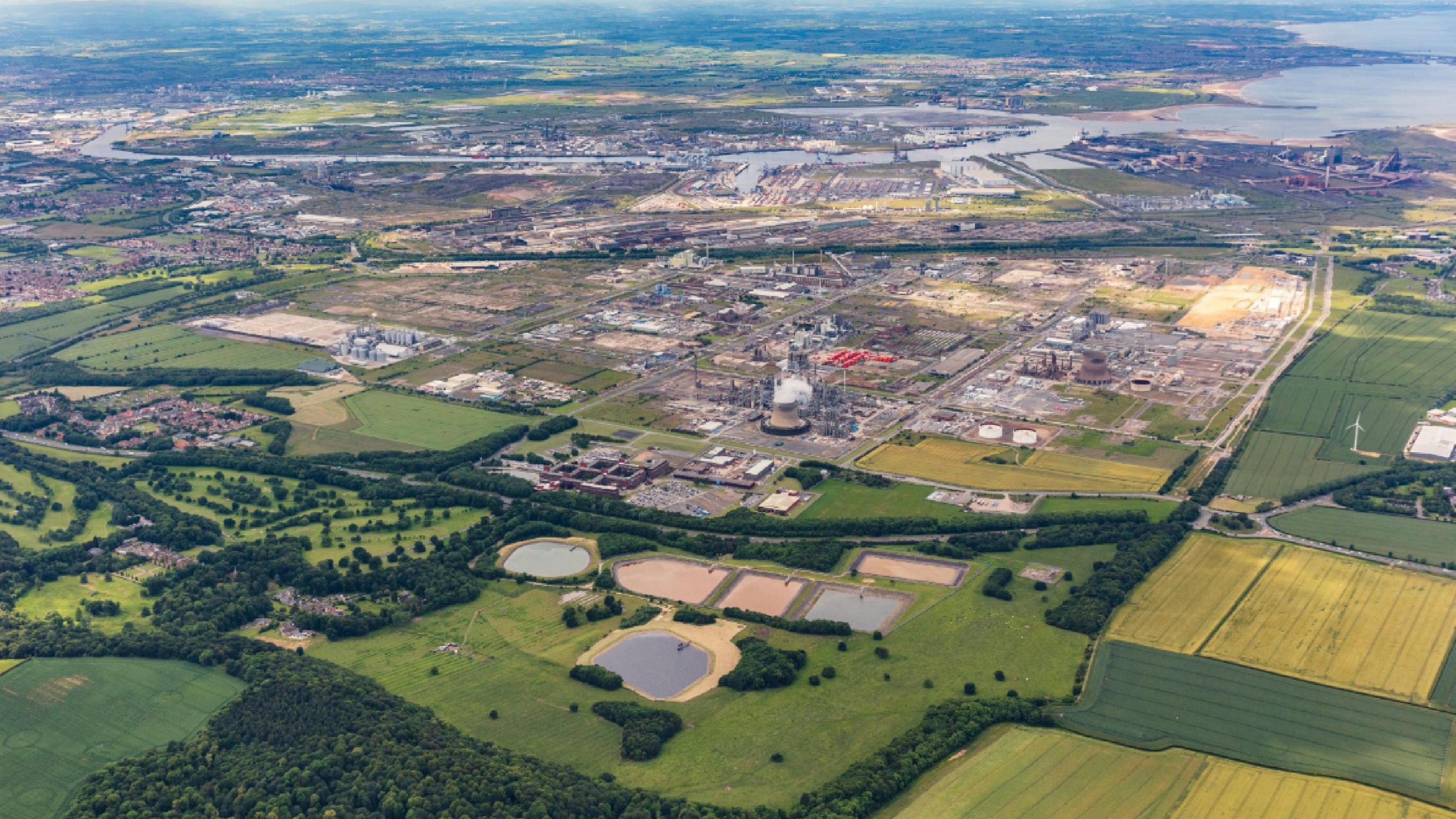
- Published14 September 2024
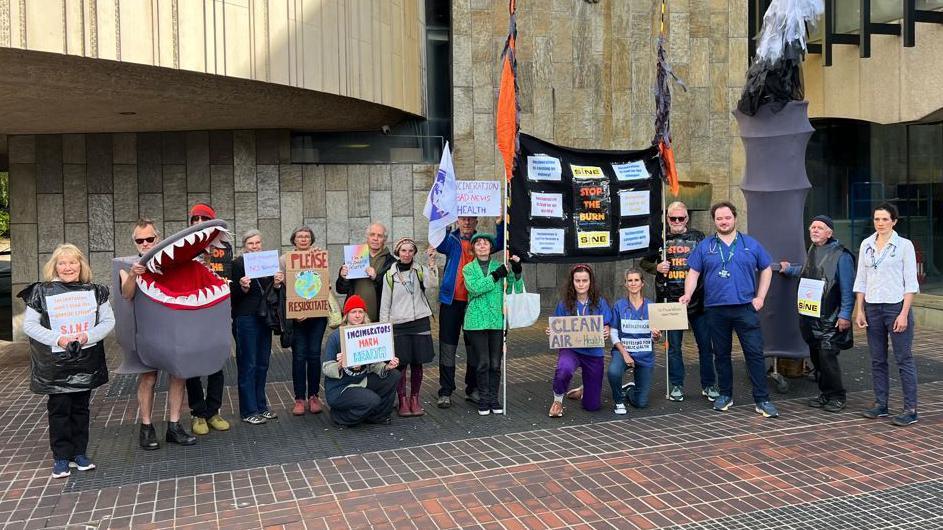
- Published2 December 2024
